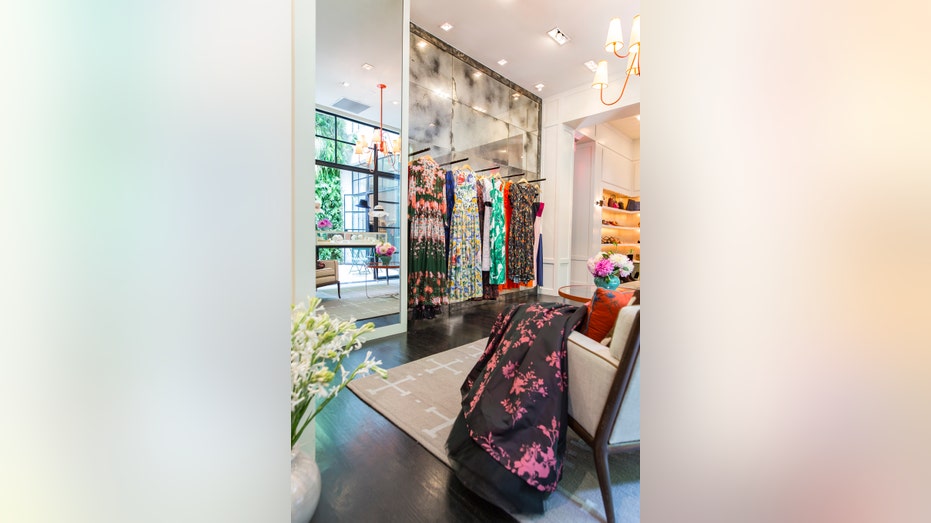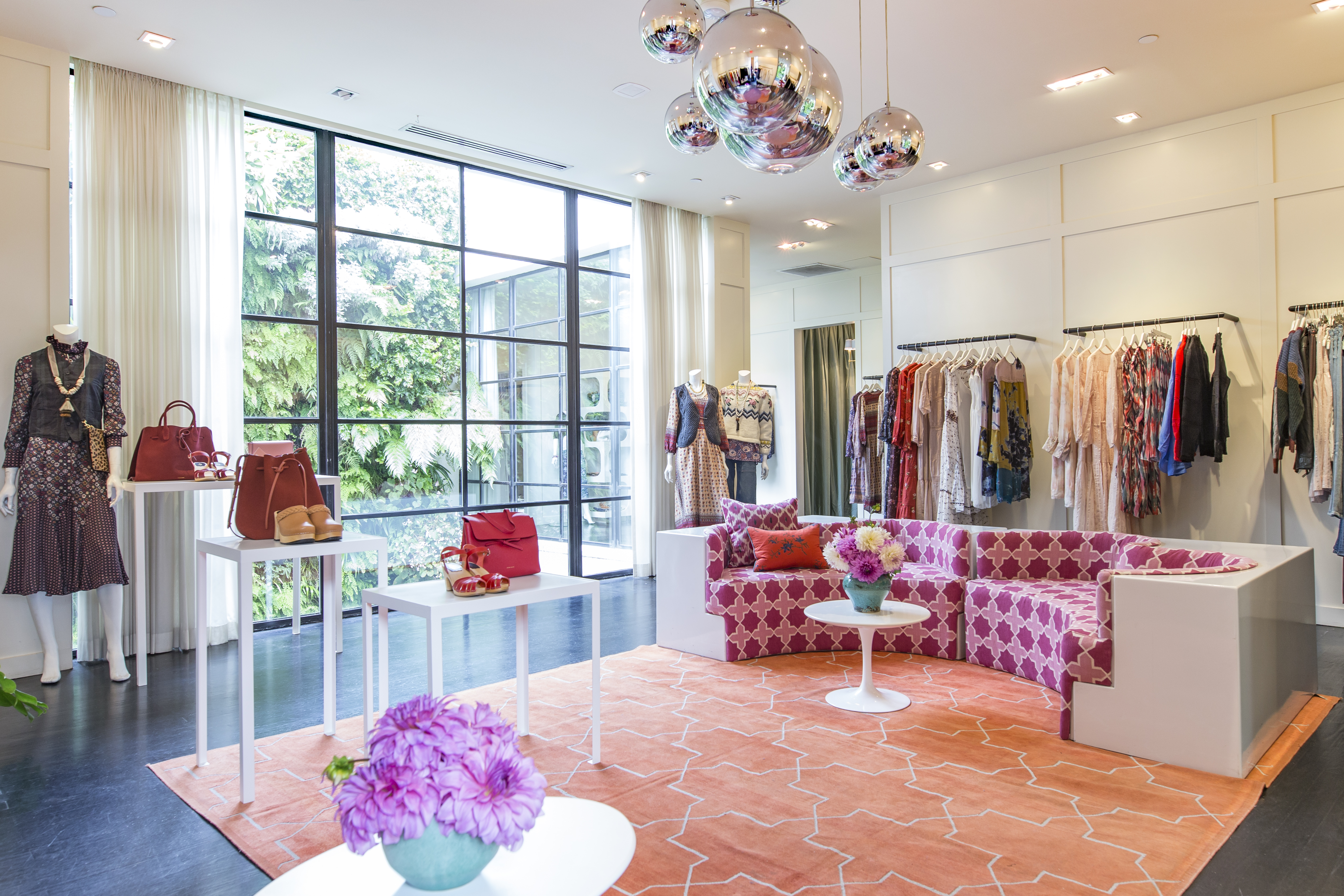High-end retail stores struggle with dismantled supply chains
This year's apparel inventory takes a hit as the international market of luxury goods is no longer a sustainable option while factories and manufacturing companies remain closed
As the high-end retail industry gears up for summer and fall collections, many retailers are grappling with severed supply chains due to the coronavirus outbreak, which has shuttered luxury designers worldwide.
When the pandemic rippled across Europe in March, the resulting shutdown forced major fashion brands to halt manufacturing, penetrating the international retail market on all scales.
SMALL NYC CLOTHING SHOP DEFIES CORONAVIRUS CLOSURE
“A lot of Italian factories were shut down for quite a while, and most of our clothing is made in and imported from Italy, France or the U.S.” Laura Vinroot Poole, owner of Capitol, a luxury clothing boutique in Charlotte, North Carolina and Los Angeles, told FOX Business.
Capitol, the vanguard of couture and lavish apparel, is known for its curated mesh of top-name brands and up-and-coming independent designers from around the world. Major fashion influencers, celebrities and trendsetters travel across the country to discover new fashions and exquisite labels that the store brings in each season. The store houses iconic Italian and French labels including Gucci, Dolce & Gabbana, Giambattista Valli, Isabel Marant, and Alexandra Golovanoff.

Interior shot of Capitol in Charlotte, NC (Credit: Capitol)
However, this year’s apparel inventory is taking a hit as the international market of luxury goods is no longer a sustainable option while factories and manufacturing companies remain closed.
TARGET TO DEBUT DESGINER DRESS COLLECTION THIS SUMMER
“We canceled all of our outstanding spring runway orders,” Poole said. “Most of the pre-fall shipments that typically ship in May have been pushed to June, July or August. And we've canceled a lot of the runway orders, which are typically expensive or over-the-top. Think embroidered-feathers-circa-2007 fashion.”
Many high-end retail stores, like Capitol, depend on Italy for its premiere quality of leather, textiles and fabrics. The epicenter of fashion quickly became a coronavirus hot zone, and its population of about 62 million people faced strict stay-at-home orders.
In Milan, the fashion capital of the world, Prada, Gucci, and Armani all closed their factories. Designers trimmed orders and became more realistic about their production capabilities.
CORONAVIRUS FORCES KOHL'S TO ABANDON JENNIFER LOPEZ, SEVEN OTHER BRANDS
The upended supply chain in luxury has also felt its effects among major department stores. Following Neiman Marcus' bankruptcy filing, Nordstrom announced it would close all three of its Jeffrey stores as luxury sales slowed down. Nordstrom incorporated Jeffrey into its department store in 2005, in order to shape its high-end fashion branch.
In addition to the disruption of supply chains, the fashion buying process itself has also been upended after President Trump in March issued a temporary ban on travel from Europe. The complex process of making fashion purchases is often contingent on traveling abroad to cultivate inventory, make appearances at market shows and attend trade shows, where buyers discover up-and-coming designers and establish long-term relationships with brands.
TOURISTS, HIGH-END SHOPPERS SLOWLY RETURNING TO RODEO DRIVE
“It was highly unforeseen that it would come to the point where you could only use your vision to make these assessments about which brands you're going to start carrying,” Vinroot Poole said. “I have touched every single piece of clothing that's ever been in the store. If something doesn't feel nice, it's not coming through these doors. It’s really hard to make judgments over a Zoom appointment.”
LOUNGEWEAR TRUMPS PAJAMAS IN CORONAVIRUS QUARANTINE FASHION
Vinroot Poole added that Capitol will lean on their long-term relationships and spend more time communicating with sales reps in order to adjust to the shift to virtual purchases. Even so, the tactile emphasis on the buying industry presents new challenges for smaller, independent artists who rely on retail vendors to pick them up.




















